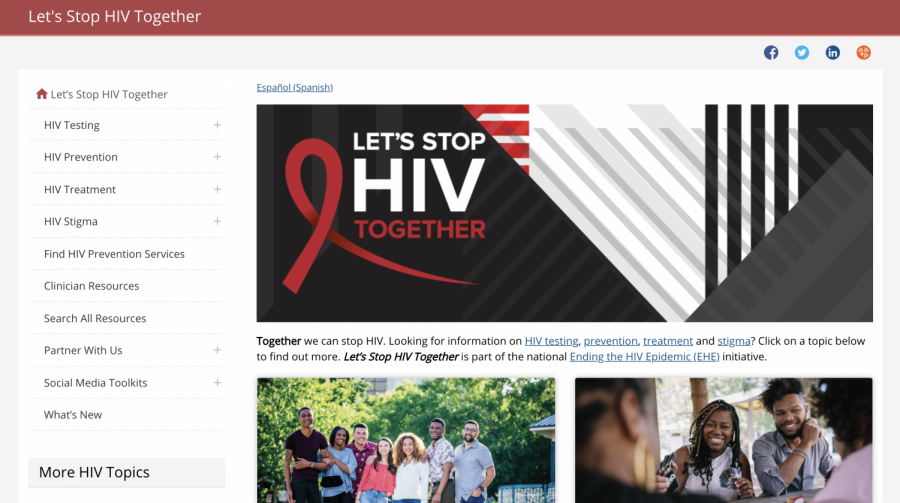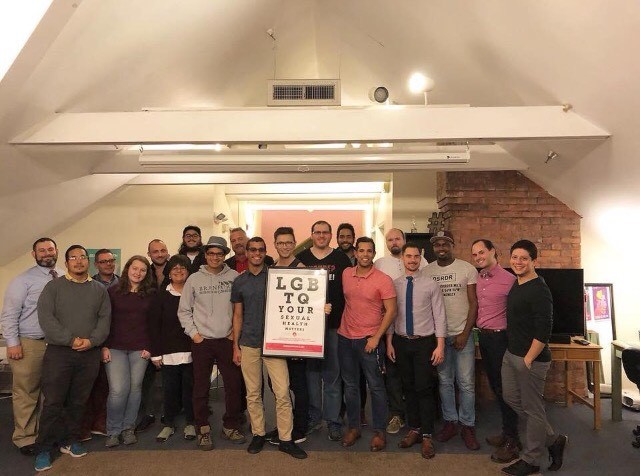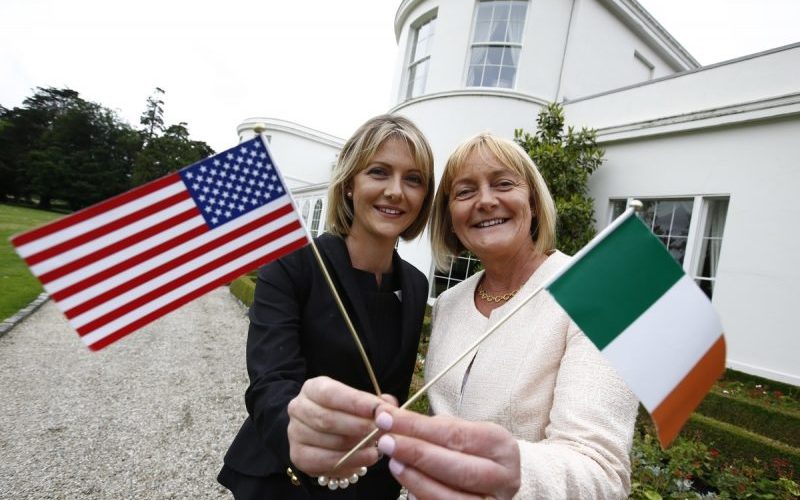From The Associated Press
STOCKHOLM – Sunniva Geertinger was devastated when her boyfriend took his life early this year.
To make matters worse, his Facebook account proved almost impossible to put to rest, haunting her like a ghost with new wall-posts from network pals and holiday photos from the past.
Until now, there have been few ways to control our virtual afterlives, but a Swedish Internet site is launching a new service that offers to manage email and social networking accounts after death.
My Webwill is set to test launch in Sweden and the United States this month and go live in Britain and Germany in the beginning next year. An upgraded version is expected in May, expanding to more countries.
Users can set up a digital will with directions on what should happen to their e-mail and social network accounts after they die. Currently, a Facebook profile, for example, can remain active long after its creator has passed away. In some cases they become posting boards for condolence messages or even gossip — against the family’s wishes.
“Practically everyone knows someone that has died and whose blog just stays up there, or whose Facebook profile keeps on sending friendship suggestions,” said Lisa Granberg, 29, a co-founder of My Webwill.
“Those surviving that person, have a very difficult time (doing) something about it.”
A handful of services, such as Legacy Locker Inc., Deathswitch and Slightly Morbid, tend to the virtual afterlife by sending posthumous emails to friends and family. But Granberg and co-founder and childhood friend Elin Tybring, 27, say My Webwill is unique in actually entering accounts and “managing” them according to a person’s last wishes.
The basic service is free and includes the deactivation of 10 Internet accounts and the option to send up to five prepared e-mails written by the client. A premium service, costing 199 kronor ($29) a year, or 1,999 kronor for a lifetime subscription, offers more detailed management of social networking profiles as well as unlimited posthumous e-mails and account deactivations.
Geertinger, from Stockholm, said she was tormented by the fact that she could not close her boyfriend’s Facebook account after his suicide. The growing pile of postings by his friends as well as the photos that remained on his profile deepened her grief, she said.
“Our whole life was out there: when and where we had been on holidays, when we renovated the apartment and so on,” said Geertinger, 24. “There were too many questions about what had happened and how it happened. To be able to move on I didn’t want it there anymore.”
Facebook finally shut down the account after Geertinger spent weeks e-mailing the company. But the action is rare, and is against the company’s standard procedures.
According to Facebook spokeswoman Elizabeth Linder, the policy is instead to move a deceased person’s profile into a “Memorial State,” removing contact information, status updates and group memberships once the death has been confirmed. The profile itself usually remains, however, and confirmed friends can still find them through the search tool and write on the person’s wall.
“We do not delete inactive accounts,” Linder said in an e-mail. “When we receive a call or a notice from a family member, we conduct an investigation which allows us to confirm if a person has in fact passed away. This may involve reaching out to a local municipality or requesting an obituary.”
After death, My Webwill enters accounts with passwords provided when signing up and carries out requests.
It offers customers a range of services, including posting prepared messages, changing profile pictures or updating status bars. Users can also pre-write e-mails that will be passed on to designated receivers such as friends or family members.
Granberg said customers’ posthumous e-mails might also contain passwords that would allow loved-ones to access digital assets, such as photos or important documents stored in an e-mail account.
In Sweden and Germany, My Webwill is automatically notified of a death by national authorities. In other countries clients will need to choose one or two personal “verifiers” — people who notify My Webwill about the death and then send on a death certificate for the person in question. This is then checked with local authorities.
Experts say services like My Webwill are likely to become more popular as people expose more of their lives on the Internet.
“The clear trend in the past three to four years, and particularly since the launch of Facebook, is that we’re transferring our real offline personalities online,” said Fredrik Wass, a Swedish blogger and freelance journalist.
“We use our real names, we act as ourselves and the friends that I have on Facebook are also the friends I have in real life.”
He said our virtual assets ought to be protected after death in a similar fashion as our real-life belongings.
Granberg said some people might be uncomfortable about setting up digital wills because they don’t like to think about death.
“But it’s just like an insurance: you do it for the sake of your relatives and so that you know yourself that you are in control of your life on the Internet,” she said.








